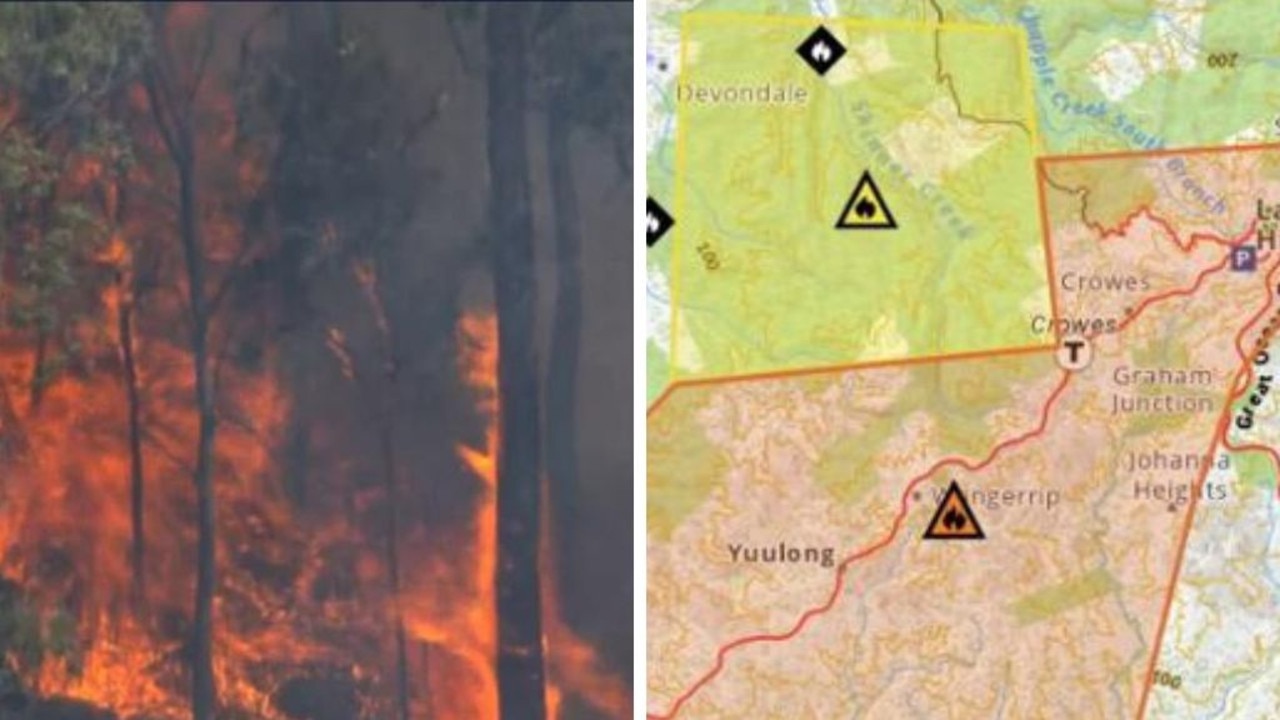Official data has 2014 as the hottest year on record
IT MAY seem like we’re hearing this more and more, but 2014 was the hottest year on the planet since we started recording temperatures 135 years ago. So how did Australia compare in the sizzling year?

Climate Change
Don't miss out on the headlines from Climate Change. Followed categories will be added to My News.
THE figures are in and it’s official — 2014 was the hottest year on record.
The analysis was published on Friday by US scientists from NASA and NOAA.
According to National Oceanic and Atmospheric Administration (NOAA), the global average temperatures over land and sea surface for the year were 0.69C above the 20th-century average (taken from the period of 1951 to 1980).
NASA, which calculates temperatures slightly differently, put 2014’s average temperature at 14.67C — 0.68C above the average.
Australia had a particularly hot 2014 notching its third warmest year on record as temperatures reached +0.91 °C above average (compared to 1961—1990). The beginning of our year saw the back-end of heatwaves that engulfed South Eastern parts of the country followed by a prolonged warm spell in May. And there was that time last year when Melbourne had its warmest winter day ever reaching 23.2 degrees in the middle of July.

Elsewhere, much of Europe and parts of North Africa delt with severe heatwaves while Britain experienced its hottest summer in three and a half centuries.
Argentina was plagued by water shortages and power blackouts as extreme heat swept South America, setting new temperature records in Brazil and Bolivia.
“We can safely say it’s probably the warmest year in 2,000 years, and I think it’s probably safe to say 5,000 years,” said Don Wuebbles, an atmospheric scientist at the University of Illinois who has worked on a number of IPCC reports.

If it feels like every year, or every summer, you’re being inundated with new record breaking statistics about the height of the mercury, it’s because you are. Last year dished up the 38th consecutive year of above-average temperatures while 13 of the 15 hottest years have occurred since 2000.
“Any one year being a record warm one is not in itself particularly significant, but this is one in a series of record warm years that are driven by the continuing underlying long-term global warming,” said Gavin Schmidt, director of NASA’s Goddard Institute of Space Studies.
Record keeping of global temperatures began in 1880 and since then the earth has experienced an increase in average temperature of 0.8 degrees Celsius, most of which has occurred in the previous three decades.
And the latest data from 2014 has served to reinforce the trend.
“It is not just 2014, but the long-term trend, so we may anticipate further records in the years to come,” Schmidt said.
RELATED: Yep, summer’s gonna be a scorcher, and El Niño’s got a lot do with it.

Scientists noted that the 2014 record occurred without the help of a strong El Niño, a global weather phenomenon known for pushing more heat into the atmosphere.’ However with some experts predicting the likelihood of a recorded El Niño in the coming months (3 months of +. 5c ocean temps in the Pacific Ocean), the rise in average temperature could very well continue.
Originally published as Official data has 2014 as the hottest year on record



